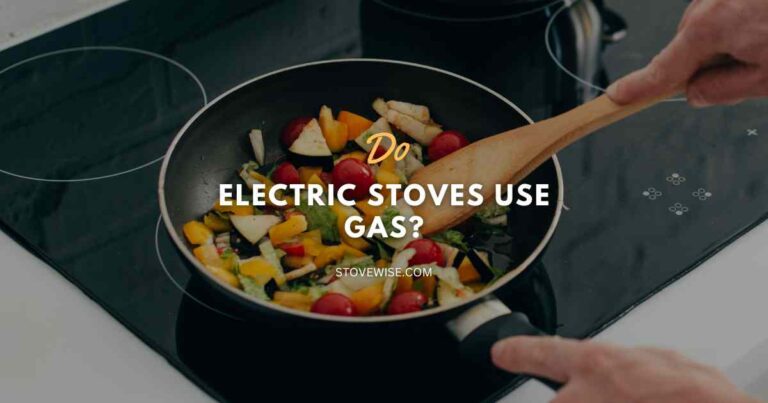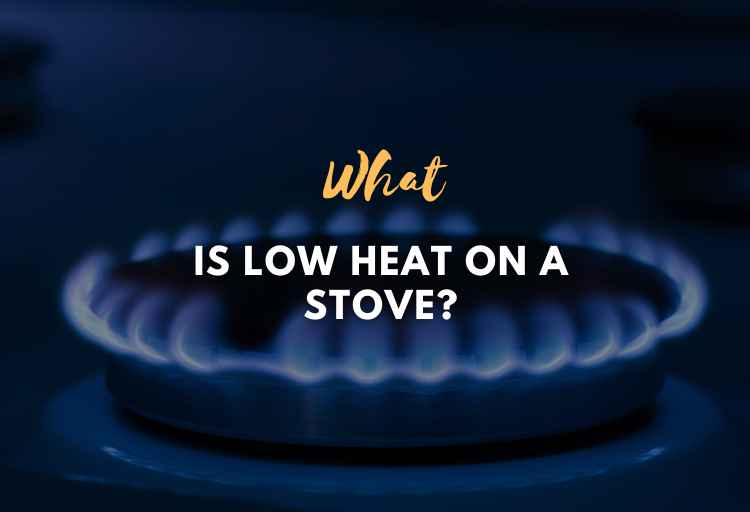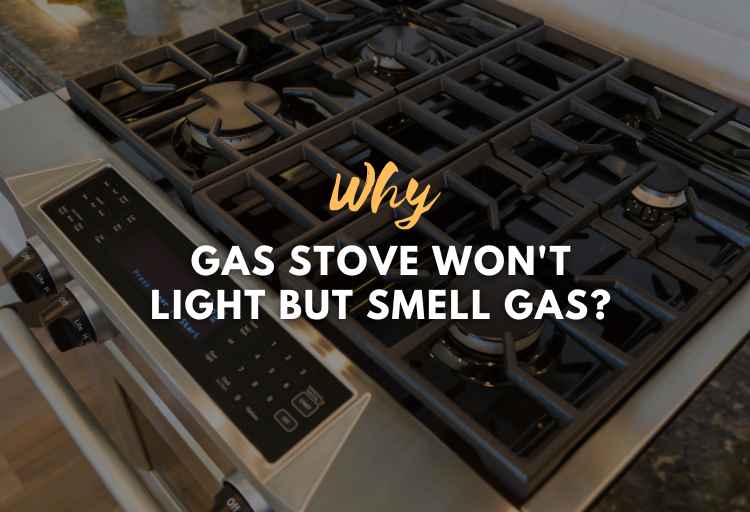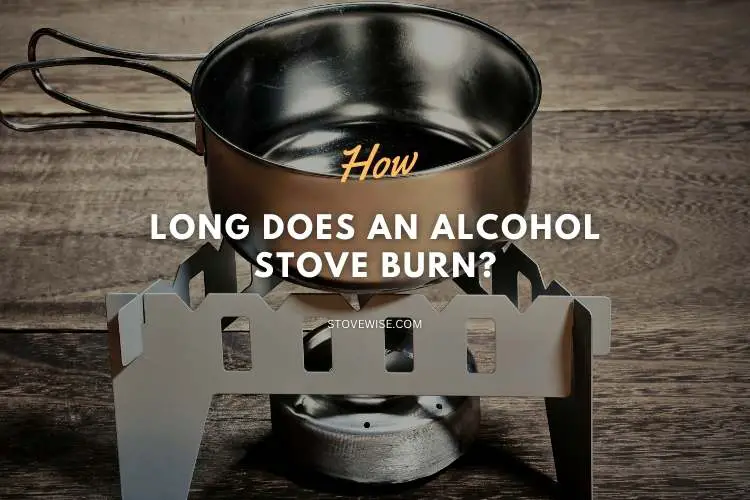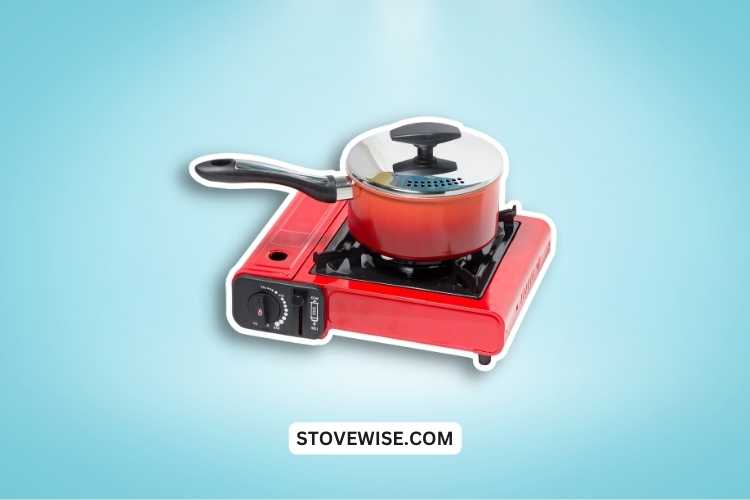Can You Use a Butane Stove in a Tent?
When it comes to camping, cooking delicious meals is an integral part of the experience. But what if you’re considering using a butane stove inside your tent? While it may seem convenient, there are important factors to consider before using any open flame indoors.
Can You Use a Butane Stove in a Tent?
Using a butane stove inside a tent is not safe for two important reasons.
- Firstly, tents are usually made of materials that can easily melt and catch fire when exposed to the heat of a stove.
- Secondly, tents have limited ventilation, which can lead to the build-up of a poisonous gas called carbon monoxide.
Breathing in carbon monoxide can be deadly. Therefore, it is crucial to always use a stove outside the tent in a well-ventilated area to ensure your safety while camping.
Keep reading to explore the safety aspects of using a butane stove in a tent and discuss alternative cooking methods to ensure a safe and enjoyable camping experience.
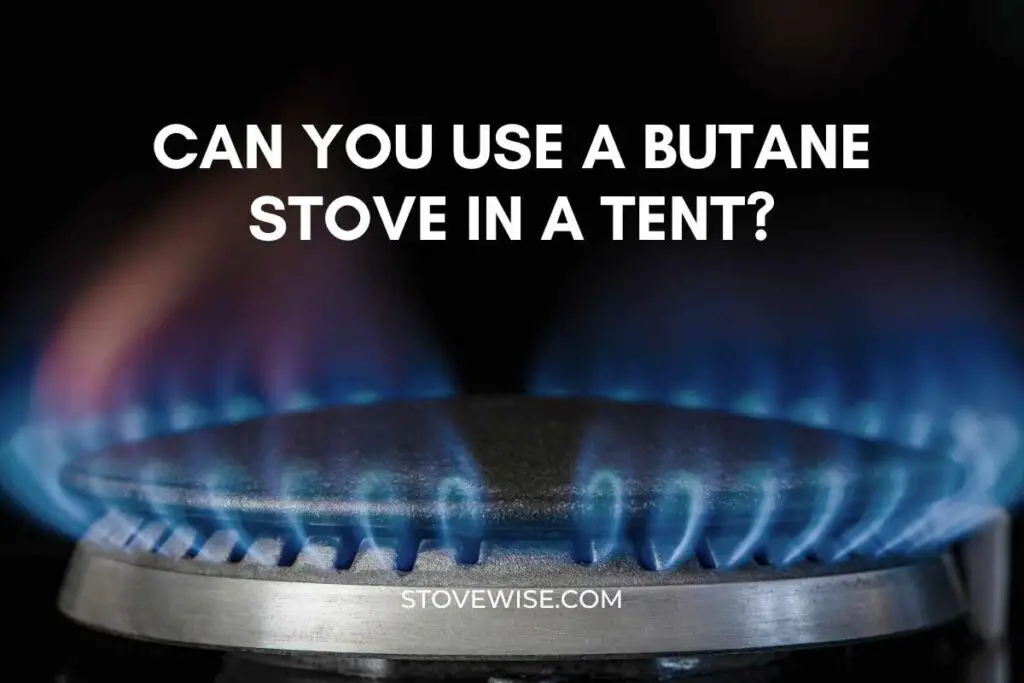
Contents
Understanding Butane Stoves: A Versatile Cooking Option
Butane stoves are versatile cooking options that offer convenience and portability for outdoor activities like camping, picnics, or hiking.
These stoves use butane gas as fuel to generate heat, allowing you to cook food and boil water in various outdoor settings.
However, it is important to use them safely and understand their features and limitations.
Portability
One of the key advantages of butane stoves is their portability. They are compact and lightweight, making them easy to carry in a backpack or camping gear.
This makes them ideal for outdoor enthusiasts who need a cooking solution on the go.
Ease of Use
Butane stoves are user-friendly and require minimal assembly. Most models have a simple ignition system, typically a push-button or a dial, which ignites the butane fuel.
They offer adjustable heat levels, allowing you to control the cooking temperature according to your needs. Also, make sure to check our detailed guide on using LGP in butane stoves.
Fuel Efficiency
Butane stoves are known for their fuel efficiency. Butane gas burns cleanly and efficiently, providing a consistent heat source for cooking.
Additionally, butane canisters are sealed and prevent fuel leakage, ensuring that you get the most out of your fuel supply.
Cooking Performance
Despite their small size, butane stoves can generate sufficient heat to cook a variety of foods. They often have burners with high heat output, enabling quick boiling and efficient cooking times.
Some models even offer additional features like built-in windshields or grill attachments for added versatility.
Safety Considerations
While butane stoves offer convenience, it is crucial to prioritize safety when using them. Here are a few important safety considerations:
- Outdoor use: Butane stoves should only be used outdoors or in well-ventilated areas. Indoor use can lead to the accumulation of carbon monoxide, which is a dangerous and potentially lethal gas.
- Stable surface: Place the stove on a stable and non-flammable surface to prevent accidents. Avoid using it on grass or other combustible materials.
- Keep flammable materials away: Maintain a safe distance between the stove and any flammable items, including tents, clothing, and camping gear.
- Extinguishing flames: After use, turn off the stove and allow it to cool down before storing it. Make sure the flame is completely extinguished before leaving the stove unattended.
- Follow manufacturer instructions: Read and follow the instructions provided by the manufacturer for safe operation, maintenance, and fuel replacement.
Potential Dangers of Using a Butane Stove in a Tent
1. Fire Hazards: Safety First
Using any open flame inside a tent poses significant fire hazards. Tents are typically made of flammable materials, and accidents can occur if the stove tips over or comes into contact with combustible items.
Even a small spark can ignite the tent fabric, leading to potentially disastrous consequences.
2. Carbon Monoxide Poisoning: A Silent Threat
One of the major risks associated with using a butane stove in a tent is carbon monoxide (CO) poisoning. Butane stoves produce CO gas during combustion, which can quickly accumulate in enclosed spaces like tents.
Inhaling high levels of CO can be life-threatening, causing symptoms such as dizziness, nausea, headache, and even loss of consciousness. Be sure to check our guide on stove eye.
Safety Precautions for Using a Butane Stove in a Tent
Proper Ventilation: Ensuring Fresh Airflow
The most crucial safety precaution is ensuring adequate ventilation in your tent while cooking.
Set up your stove near an open door or window to allow fresh air to enter and harmful gases to dissipate.
If possible, consider cooking outside the tent altogether, using a designated cooking shelter or an outdoor cooking area.
Carbon Monoxide Detectors: Early Warnings
Investing in a battery-powered carbon monoxide detector specifically designed for camping can provide an early warning system against CO buildup.
These devices can detect dangerous levels of CO and alert you before it becomes a health hazard. Place the detector at a suitable height inside the tent, following the manufacturer’s instructions.
Fire Safety Equipment: Be Prepared
It’s essential to have fire safety equipment readily available when using a butane stove in a tent. Keep a fire extinguisher nearby, ensuring it is in good working condition and easily accessible.
Additionally, have a fire blanket on hand to smother small flames or cover yourself in case of an emergency.
Alternatives to Using a Butane Stove in a Tent
Campfires: Embrace Tradition
One of the oldest and most enjoyable methods of outdoor cooking is through campfires. Building a safe and controlled campfire outside the tent allows for a rustic and authentic camping experience.
However, ensure you follow local regulations, use designated fire pits, and always extinguish the fire completely before leaving the area.
Propane Stoves: Reliable and Efficient
Propane stoves offer a viable alternative to butane stoves for cooking in outdoor settings. They are typically larger and provide a more stable cooking surface.
Propane burns cleaner than butane and produces fewer harmful gases, making it a safer option for tent camping. Remember to use propane stoves in well-ventilated areas.
Electric Stoves: Convenience with a Catch
If you have access to electricity at your campsite, an electric stove can be a convenient cooking option. Electric stoves are easy to use, reliable, and don’t produce harmful gases.
However, they require a power source, limiting their use to campsites with electrical hookups or a generator. Additionally, they may not be suitable for backpacking or camping trips in remote areas.
Tips for Safe Cooking in a Tent
1. Keep Flammable Materials Away: Avoid Risky Combustion
When using any type of stove in a tent, keep flammable materials away from the cooking area.
This includes clothing, bedding, and any other combustible items that can easily catch fire. Store these items in a separate area of the tent, away from the stove.
2. Use Stable Cooking Surfaces: Avoid Accidents
Ensure that the cooking surface is stable and level to avoid accidental spills or tipping. Use a designated stove platform or a stable tabletop if available.
If necessary, create a makeshift platform using rocks or bricks to stabilize the stove.
3. Avoid Overcrowding: Give Space to Cook
Avoid overcrowding the cooking area to minimize the risk of accidents. Only cook as much food as your stove can accommodate safely. This will also prevent the stove from overheating and causing a fire.
Conclusion
Using a butane stove in a tent can be a convenient cooking option for camping trips. However, it’s essential to understand the potential dangers and take appropriate safety precautions to prevent accidents.
Alternatives like campfires, propane stoves, or electric stoves provide safer options for cooking in outdoor settings. Remember to prioritize safety when cooking inside a tent and follow the tips and guidelines outlined in this article for a safe and enjoyable camping experience.
FAQs:
Can I Use a Butane Stove in a Tent with the Door Open?
Yes, you can use a butane stove in a tent with the door open. However, it’s essential to ensure proper ventilation to prevent CO buildup.
Can I Cook Inside a Tent with a Propane Stove?
Propane stoves are generally safer for indoor use than butane stoves. However, it’s still important to ensure proper ventilation and follow safety precautions.
What Is the Best Way to Cook Safely in a Tent?
The best way to cook safely in a tent is to use a designated cooking shelter or outdoor cooking area. If using a stove inside the tent, ensure proper ventilation, use fire safety equipment, and keep flammable materials away from the cooking area.

